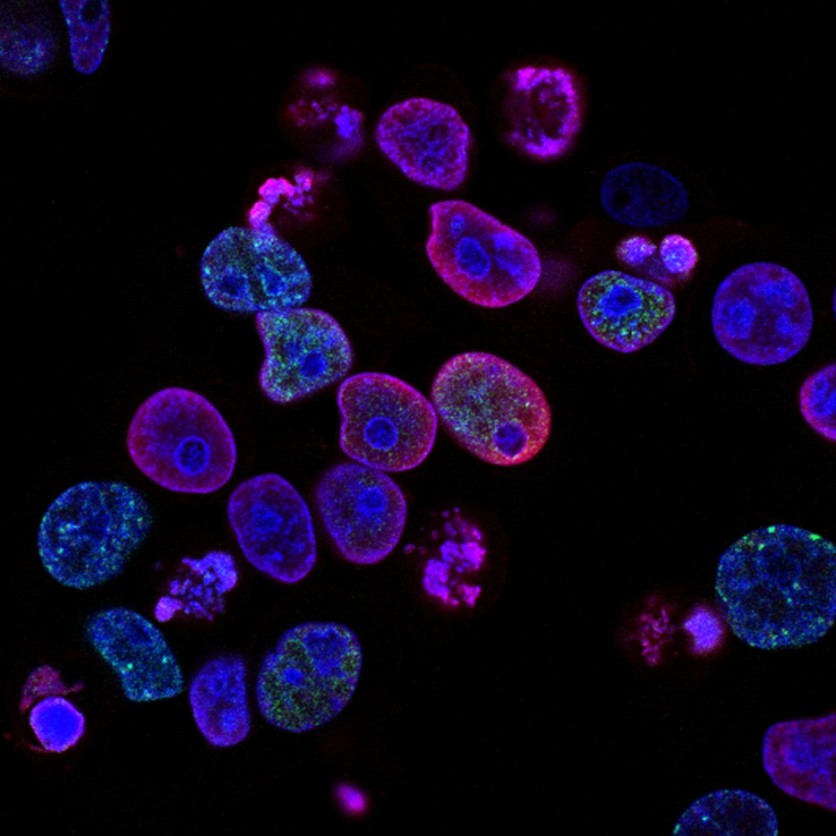Researchers from Mount Sinai Health System and Memorial Sloan Kettering Cancer Center have developed a new platform that will improve the efficacy of anti-cancer drugs for patients with brain tumors.
The new drug delivery approach relies on the use of nanoparticles that pave the way for easy targeting of areas with cancer cells among children.
Improved Efficacy for Anti-Cancer Drugs

The most common type of tumor among children is medulloblastoma, a malignant type of pediatric brain tumor that accounts for 20% of brain tumors that occur in a younger age group.
According to a report by Science Daily, roughly 30% of the cases behind this brain tumor are deemed to be incurable.
Aside from the fact that it's hard to treat, some patients experienced serious side effects after getting treated for this cancer.
The adverse side effects are usually gotten from long exposure to radiation and chemotherapy. When this happens, the drug delivery to the brain tissue of a patient is also affected. The "highly regulated" blood-brain barrier slowed it down.
For this study, the researchers devised an approach for drug delivery to work differently than before. They wanted the anti-cancer drugs to be more effective in subduing the tumors in the affected regions.
"We show that we can more successfully deliver lower doses of the drug in a more effective manner to the specific sites of the tumor within the brain while sparing the bone toxicity that is seen in younger patients," Dr. Praveen Raju, the study's senior author who serves as Co-Director of the Children's Brain and Spinal Tumor Center at Mount Sinai Kravis Children's Hospital, said.
Instead of randomly delivering the immune cells to various parts of the body, there's a targeted way to send them to the blood vessels via a homing mechanism.
Through the novel drug delivery approach, the researchers made use of a technique that can potentially improve the efficacy of the drug for patients with medulloblastoma.
Aside from enhancing the anti-cancer drug's efficiency, the platform also provides a solution to limit bone toxicity among children who have the disease.
Related Article : Researchers are Growing Zombie Mushrooms to Help Create Anti-Cancer and Anti-Viral Drugs
Breakthrough in the Field of Cancer Treatment
Because of the success of the study, Dr. Raju and his team received a monetary award of $2.8 million from the National Institutes of Health when it comes to addressing the side effects of a medulloblastoma brain tumor.
Additionally, the head of the research also received $600,000 as part of the ChadTough Defeat DIPG Foundation Game Changer Grant.
To know more about the study entitled "P-selectin-targeted nanocarriers induce active crossing of the blood-brain barrier via caveolin-1-dependent transcytosis," visit Nature.com.
Elsewhere, Stony Brook News reports that SBU's Iwao Ojima has come up with next-gen anti-cancer agents. The "nano-formulated Taxane" exhibited a promising impact against solid tumors, especially for people with colorectal cancer.
Read Also : University of Sussex Researchers Develop Fitness & Healthcare Monitoring Technology Using Seaweed





